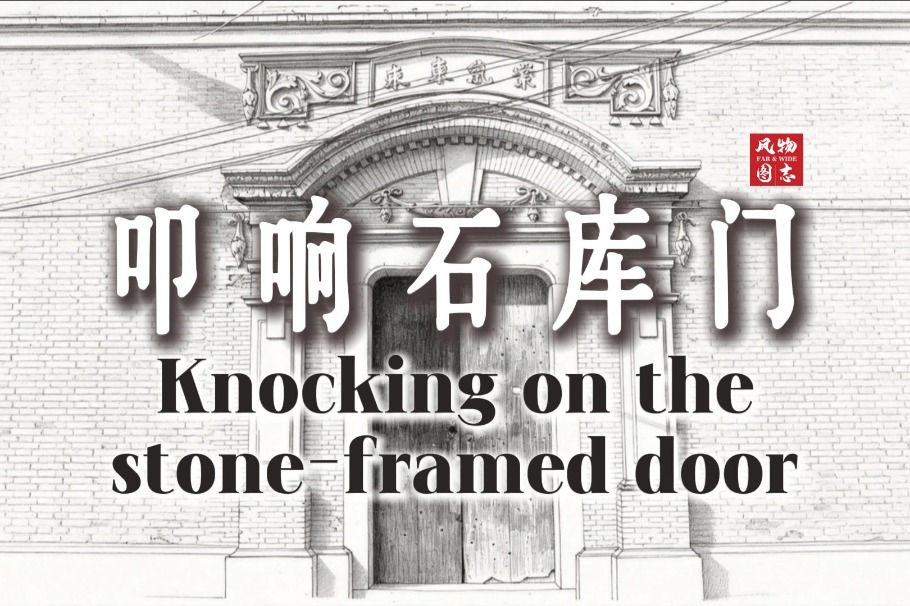US and China can keep bilateral ties on track

Viewed through a pessimistic prism, it would appear that China and the United States are on a collision course, since the US has identified China as a rival and "revisionist state" seeking to undermine the Pax Americana.
Most, if not all, recent US military deployment in the Asia-Pacific is believed to have China as a potential target, if not the target. Likewise, the trade tariffs that are being implemented by the Trump administration are regarded as aimed at China, although China is far from being the only victim.
Not to mention that Washington is weighing up the merits of a proposed multilateral regime to counter-balance Beijing's Belt and Road Initiative.
It is not hard to see why Beijing is concerned about the way it is being perceived.
It will not be easy for Beijing to convince Washington it has no intention to overthrow the US-led world order. Nevertheless, it continues to try.
Although both Beijing and Washington remain reticent about the specifics of the recent visit to the US by Liu He, a member of the Communist Party of China Political Bureau and director of the General Office of the Central Leading Group for Financial and Economic Affairs, Liu conveyed at least two messages vital to present-day China-US relations, namely China wants cooperation and it remains committed to reform and opening-up.
Previously at this year's World Economic Forum in Davos, Liu promised reforms "way beyond what people can imagine". The Trump administration, meanwhile, is preoccupied with actual gains in dealing with China. If such attitudes persist, both parties would surely benefit from being pragmatic, and not just in trade.
At a news conference preluding the National People's Congress annual session, the NPC spokesperson stressed that differences and divergences do not necessarily lead to confrontation, and he urged both sides to show mutual respect, increase strategic mutual confidence, avoid strategic misjudgment, focus on mutually beneficial cooperation, properly manage divergences, and make sure bilateral ties advance "on the right track".
China does not want a trade war, but if the US takes actions to hurt its interests, it will take counter-measures. Washington's trade move risks leading to an adversarial economic standoff.
However, given the Foreign Ministry's report of a bilateral consensus from Liu's visit on cooperation and no confrontation, it is to be hoped we can view China-US interaction more optimistically.


































